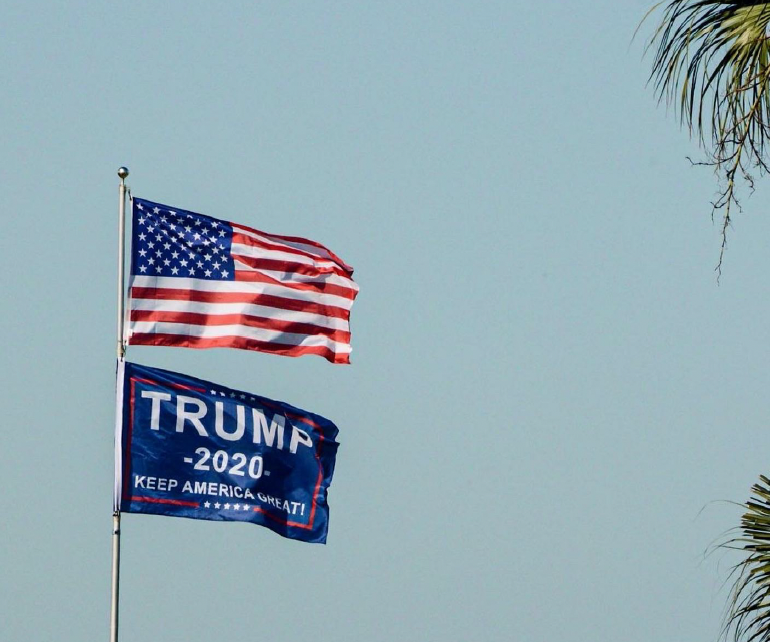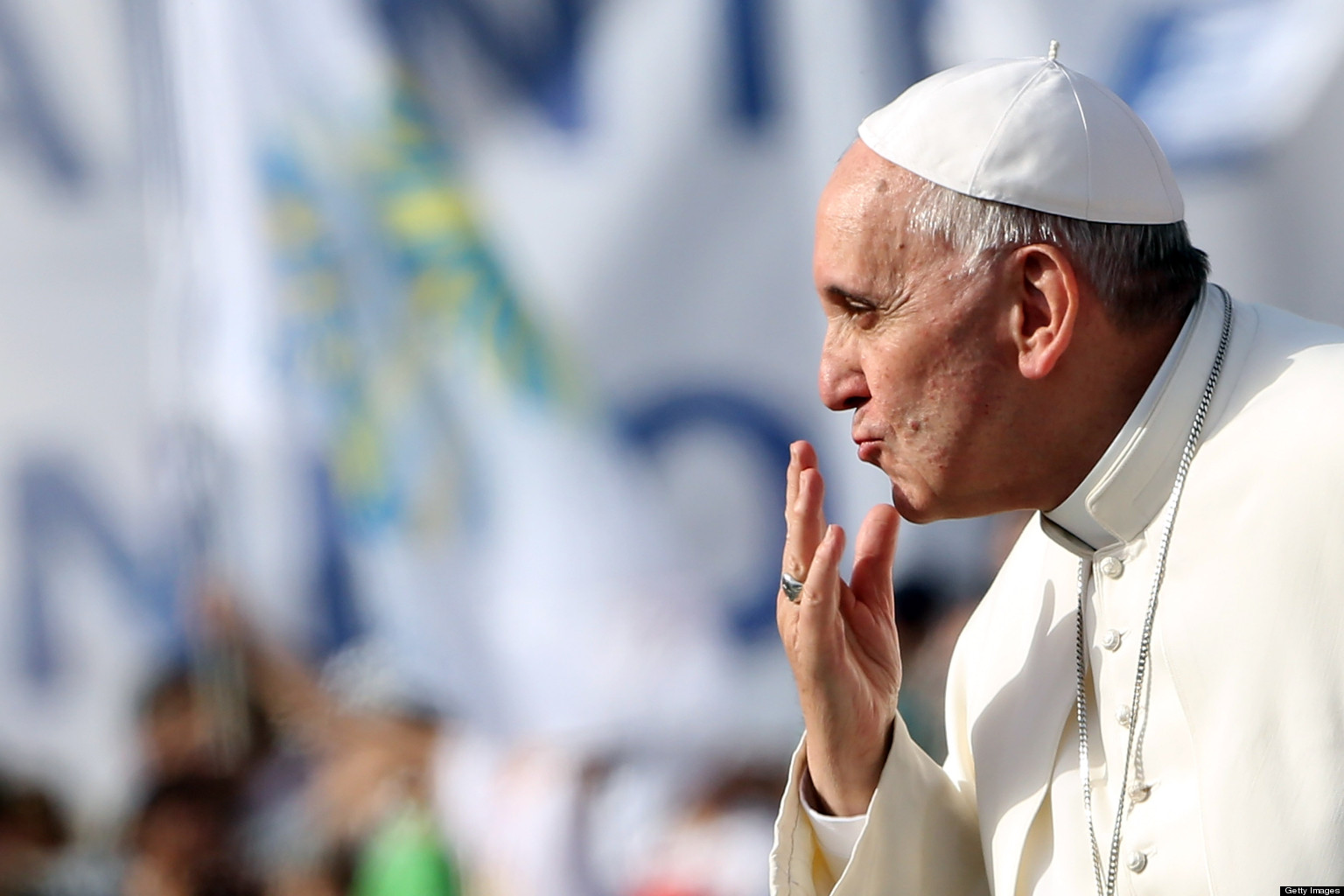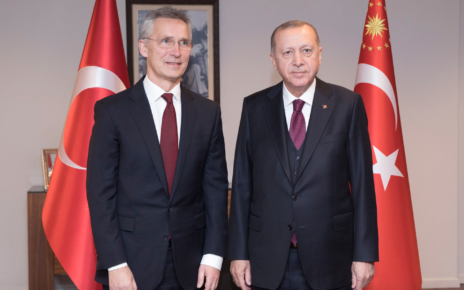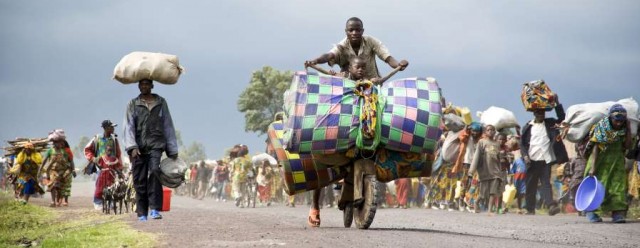The 2022 US midterm elections resulted in the Democratic Party keeping control of the Senate when polls stated otherwise. When analyzing the results, experts point to the turnout of young people and how they overwhelmingly voted for Democrats. While nuanced analyses of the results are still being examined, early results point to young Americans making a significant difference in the election. This is important because former President Trump has stated that he is running for office again, and has favoured isolationist policies, including raising doubts about American participation in NATO.
In the wake of the election results, it is clear that millennials will inform policy and dictate the culture and direction of NATO. While the US is only one part, albeit an important one, of NATO, there have been trends that indicate that European youth are also voting for more progressive policies, including a significant focus on environmentalist policies and human security.
While the US midterms have proven to be a response to the current US political landscape and a reminder of the critical role young voters will play in the future, NATO has already begun bringing younger voices into the discussion. For example, a 2021 report commissioned by NATO brought together millennial professionals from across NATO nations to discuss and analyze what they consider to be the future of NATO and the direction of collective security. The group reiterated the need for a comprehensive and holistic approach to defence and stated that one of the greatest threats is climate change. This fact is backed up by policy recommendations, including making operations greener and encouraging allies to lower their collective emissions.
The report points to subsequent factors to which NATO should commit, such as making democratic values the core of the mission, including with NATO’s external missions. In addition, the report encourages the organization to think globally in its mission and to strengthen ties with allies. The report also states that NATO should become an “ethical norm-setter” concerning emerging technologies. The overall message of what young leaders convey in the report hope NATO will look like in eight years: an organization focused on ethics, democracy, and human security, including better coordination and cooperation between member states, and a commitment to the rules-based international order.
However, these plans have serious roadblocks. There is a continued presence in many allied countries of far-right parties, which generally favour isolationism. Further, green and social policies are politicized in some member states. In addition, former President Trump has recently announced his re-election bid and, as previously mentioned, has entertained the idea of leaving NATO, which would seriously harm the organization. In addition, the ongoing war in Ukraine and the threat from Russia is a move away from grey zone threats to NATOstates to traditional warfare. This move may call into question the need for a holistic approach to defence, meaning moving past the traditional view of on the ground warfare to one that includes a focus on climate change and deterrence, as per the report.
Nevertheless, it is apparent that these events demonstrate the need for a nuanced NATO approach. Despite the clear and conventional Russian threat, NATO should continue to focus on all pertinent issues of defense, like cyber security, environmentalism, and a commitment to democracy. The young leaders’ report offers NATO a way forward, with an in-depth strategy to deal with the threat of climate change and the rise of far-right extremism. These issues, and report, emphasize the need for NATO to adapt to stay relevant as a significant defence organization.
Photo: “Trump 2024,” July 5, 2020, by Dalton Caraway via Unsplash.
Disclaimer: Any views or opinions expressed in articles are solely those of the authors and do not necessarily represent the views of the NATO Association of Canada.




